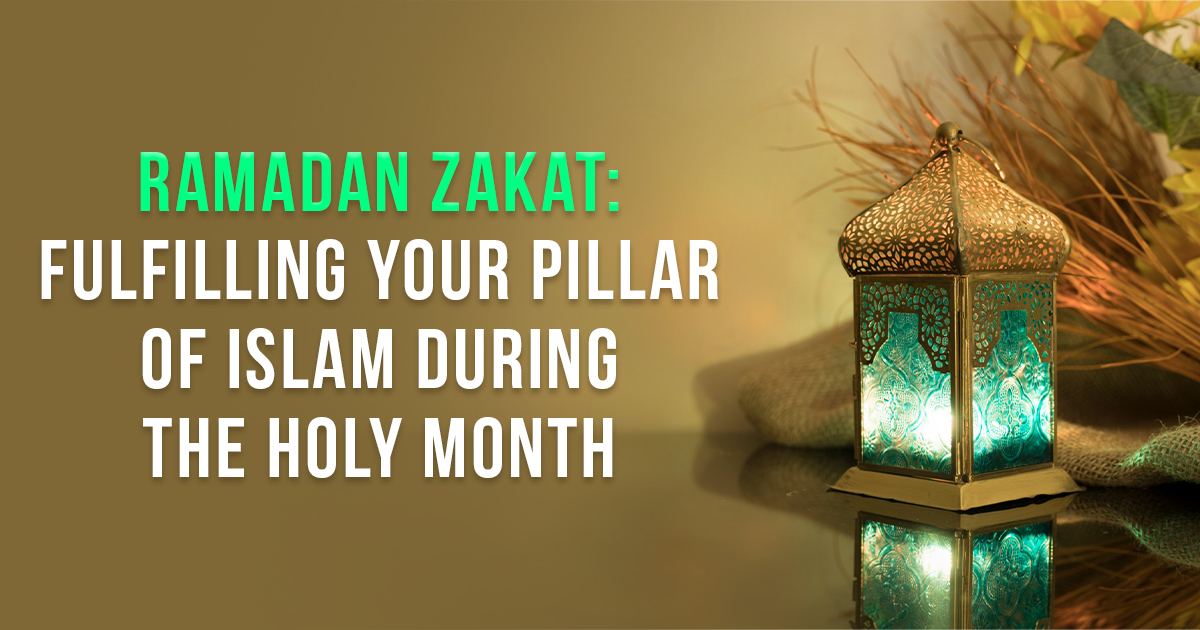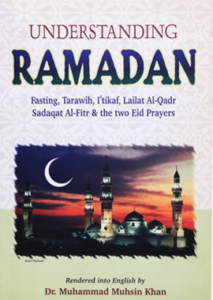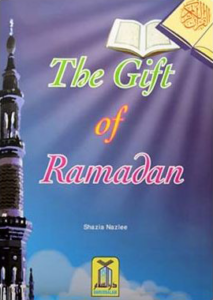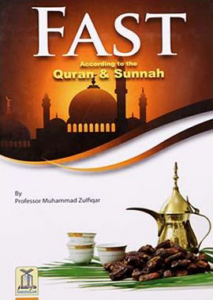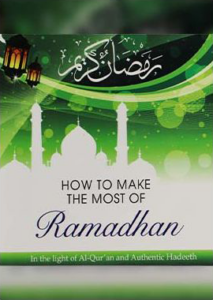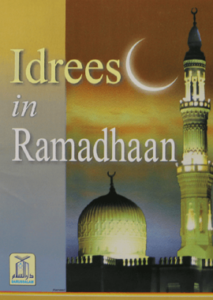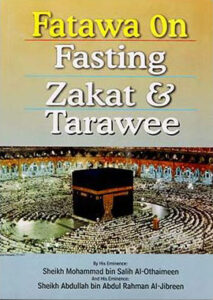In the Islamic faith, Zakat stands as a cornerstone, embodying the essence of generosity and communal support. Particularly during Ramadan, the act of giving assumes heightened significance, serving not only as a fulfillment of a religious obligation but also as a means to purify wealth and aid those in need.
This blog by Darussalam delves into the practice of Zakat during Ramadan, offering insights into its importance, calculation, and distribution to ensure compliance and meaningful contribution.
Introduction to Zakat
Zakat, the third pillar of Islam, is a compulsory act of charity that mandates Muslims with sufficient means to donate a portion of their wealth to the less fortunate.
Understanding Zakat
Definition and Purpose: An obligatory tax on wealth intended for the economic well-being of the Muslim community.
Spiritual Significance: Purifies wealth and soul, encouraging humility and detaching from materialism.
Read More: Top 5 Darussalam Books for Ramadan 2024
The Importance of Zakat in Ramadan
Ramadan, a month of fasting, prayer, and reflection, is also synonymous with increased acts of charity, including Zakat.
Ramadan and Charity
Elevated Rewards: Giving in Ramadan promises greater rewards, as deeds are generously rewarded during the holy month.
Community Solidarity: It fosters a spirit of compassion, ensuring all can partake in the joy of Eid-ul-Fitr.
Types of Zakat in Ramadan
Understanding the different types of Zakat is crucial to fulfilling this pillar correctly.
Zakat Al-Mal
Wealth Zakat: Charged on accumulated wealth, meeting the Nisab threshold, and held for a lunar year.
Zakat Al-Fitr
Zakat of Fast Breaking: A smaller levy due at the end of Ramadan, intended to purify those who fast from any indecent act or speech and to help the poor and needy.
Click Now to Align Your Fasting: Ramadan 2024 UK Calender
Calculating Zakat Al-Mal
The correct calculation is pivotal to ensuring Zakat’s contributions are appropriate and beneficial.
Determining Nisab
Nisab Calculation: The minimum amount of wealth one must possess for Zakat to be obligatory, equivalent to 85 grams of gold or 595 grams of silver.
Assessable Assets
What to Include: Savings, investments, gold and silver, and business merchandise are among the assets subject to Zakat.
Distributing Your Zakat
Proper distribution ensures Zakat fulfills its purpose of aiding those most in need and fostering community welfare.
Eligible Recipients
Who Qualifies: The needy, the poor, Zakat collectors, those in debt, and several other categories outlined in the Quran (9:60).
Timing and Method
When to Pay: Ideally, Zakat should be paid before Eid-ul-Fitr prayers. However, Zakat Al-Mal can be distributed throughout the year.
Zakat Al-Fitr: The Charity of Fast-Breaking
Zakat Al-Fitr holds particular importance during Ramadan, emphasizing inclusivity and community joy at the end of the holy month.
Obligation and Amount
Fixed Amount: Typically consists of providing a specific measure of staple food or its monetary equivalent to the poor.
Payment Deadline
Before Eid Prayers: Ensures the poor can celebrate Eid-ul-Fitr without financial worry.
Read More: THE IMPORTANCE OF ZAKAT AL-FITR
Enhancing Spiritual Growth Through Zakat
In fulfilling this pillar of Islam, especially during Ramadan, Muslims find a path to spiritual purification and communal harmony.
Spiritual Reflection
Contemplation on Wealth: Ramadan provides an opportunity to reflect on wealth as a blessing that carries responsibility towards others.
Broadening Compassion
Understanding Needs: Engaging in Zakat fosters an empathetic understanding of the struggles faced by the less fortunate.
Conclusion: The Essence of Giving in Ramadan
Zakat, particularly in the month of Ramadan, is more than a religious duty; it’s a profound expression of faith, empathy, and unity. By adhering to its principles, Muslims can significantly impact their communities while finding spiritual fulfillment.
By integrating Zakat into the Ramadan experience, Muslims worldwide not only adhere to a divine injunction but also reiterate their commitment to social justice and the upliftment of the less fortunate, embodying the true spirit of this sacred month.
FAQs About Ramadan Zakat
1. Can Zakat Al-Mal and Zakat Al-Fitr be paid in cash?
Yes, both can be paid in cash equivalent to the value of the Nisab for Zakat Al-Mal or the staple food amount for Zakat Al-Fitr.
2. How can I ensure my Zakat is used appropriately?
Contribute through reputable Islamic charities or local mosques known for their transparency and efficiency in distributing Zakat.
3. Can Zakat be given to non-Muslims?
While Zakat Al-Mal is generally aimed at supporting the Muslim community, humanitarian aid can be provided to non-Muslims, marking a distinction in giving preferences.
4. How is the Nisab value calculated for Zakat Al-Mal?
The Nisab is calculated based on the current market value of 85 grams of gold or 595 grams of silver, and it can vary each year.
5. What if I unintentionally miss the Zakat payment during Ramadan?
If missed, make the payment as soon as possible, as Zakat is an obligation and not limited to Ramadan alone.

